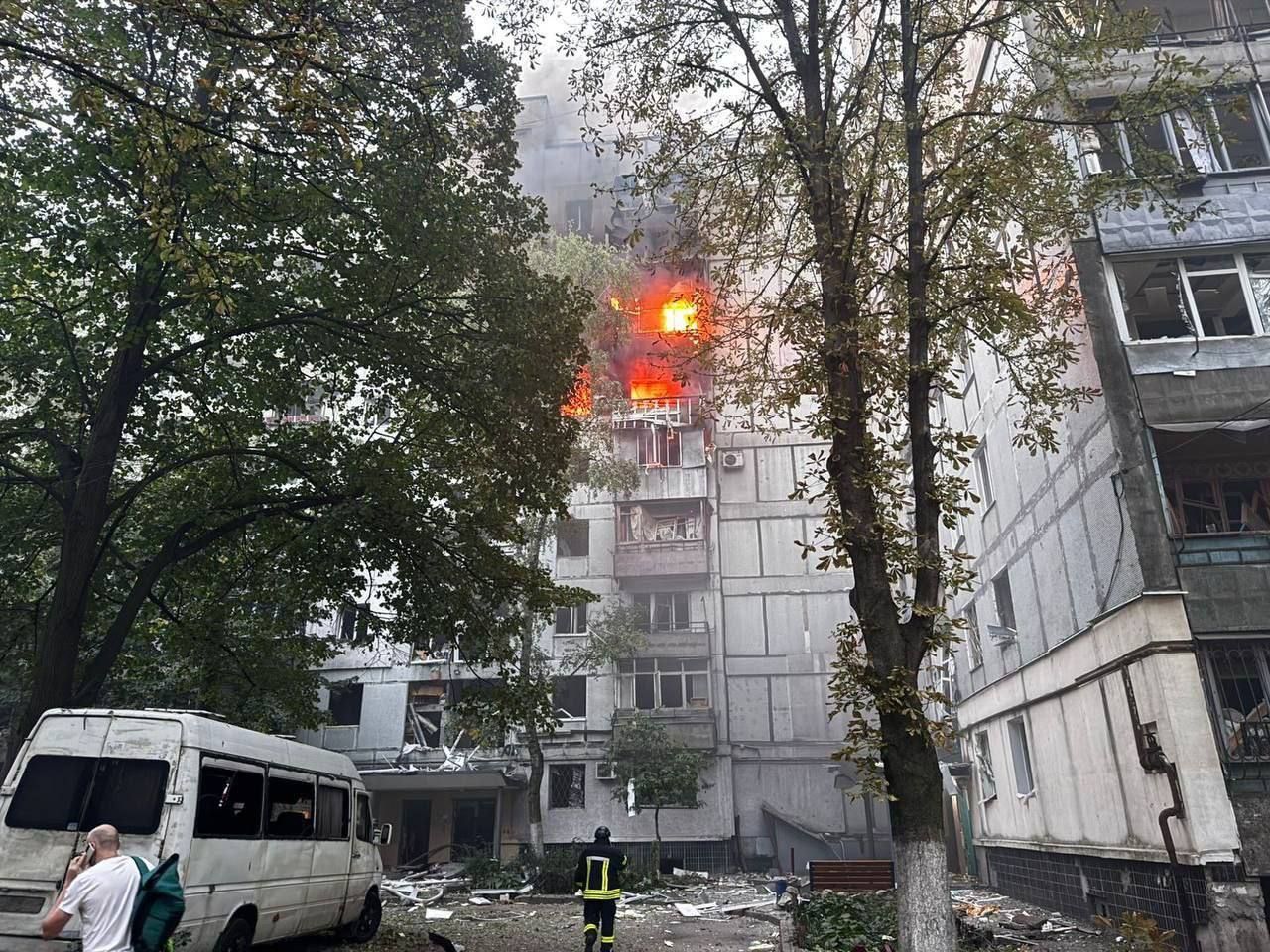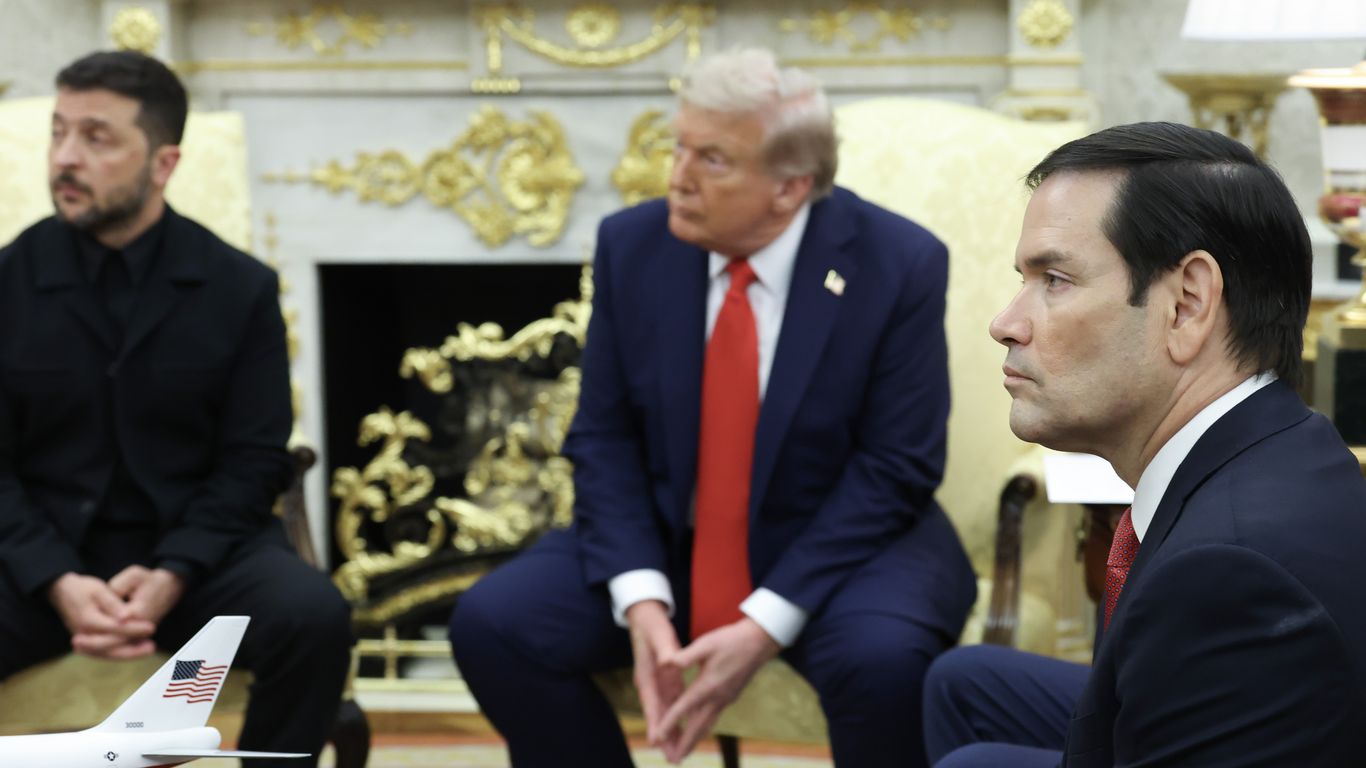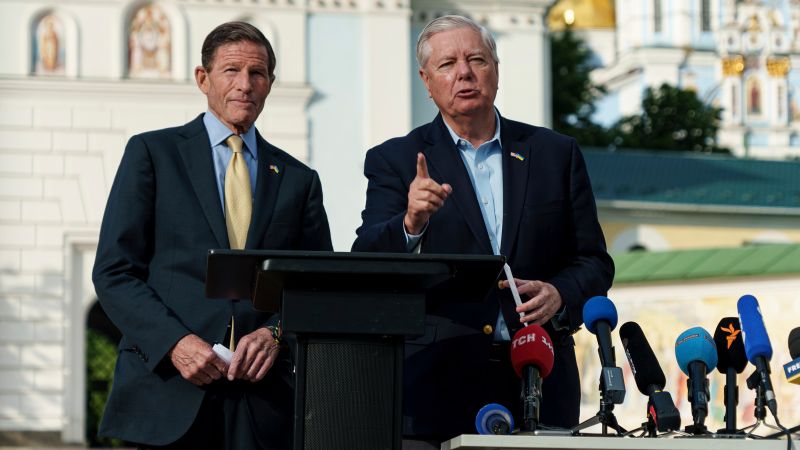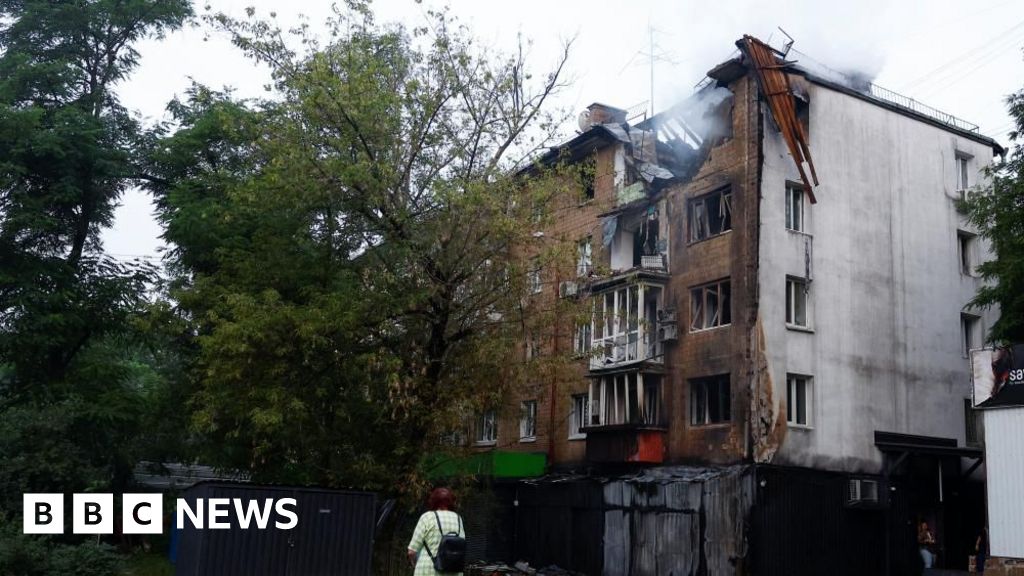Russia Launches Devastating Attack on Ukraine

Introduction
On September 20, a large-scale missile and drone attack launched by Russia targeted Ukrainian cities, resulting in the deaths of two individuals and injuries to 27 others, according to officials. This aggressive attack has only intensified the ongoing tensions between the two countries, with Ukraine accusing Russia of violating international laws and agreements.
Key Details
The attack was carried out overnight, with Russian missiles and drones targeting various cities in Ukraine, including Kyiv, the country's capital. The Ukrainian government has reported significant damage to buildings and infrastructure, as well as civilian casualties. This is just the latest in a series of aggressive actions by Russia towards Ukraine, including annexing Crimea in 2014 and supporting separatist rebels in the eastern regions of the country.
Impact
This attack has not only resulted in loss of life and destruction, but it also has significant political and economic implications. The Ukrainian government has condemned the attack and called for international support, while also increasing its military readiness. The conflict between Russia and Ukraine has the potential to escalate into a larger regional conflict, which could have severe consequences for the entire world.
About the Organizations Mentioned
Ukrainian Government
The Ukrainian Government is the executive branch of Ukraine’s semi-presidential republic, responsible for implementing national policies, managing public administration, and driving economic and social reforms. Headed by the Prime Minister, the Cabinet of Ministers coordinates the country’s day-to-day governance, oversees ministries, and introduces legislation to the unicameral parliament, the Verkhovna Rada. Ukraine’s government structure is centralized, with regional heads appointed by the President, ensuring alignment with national priorities. Since the full-scale Russian invasion in 2022, the Ukrainian Government has played a pivotal role in maintaining national resilience, coordinating defense efforts, and managing international aid. A major reshuffle in July 2025 marked a new chapter: Yulia Svyrydenko, previously First Deputy Prime Minister and Minister of Economy, became Prime Minister, succeeding Denys Shmyhal. This transition, widely seen as a move to strengthen presidential influence, also saw Mykhailo Fedorov, the Minister of Digital Transformation, promoted to First Deputy Prime Minister, highlighting the government’s focus on digital innovation. Key achievements include rapid digitalization of public services, such as the Diia platform, which streamlines business registration and access to government services, and reforms to improve the investment climate. The government has also prioritized defense production, economic revitalization, and strengthening ties with Western partners, especially the United States, to secure military and financial support. Currently, the Ukrainian Government continues to implement reforms aimed at boosting national resilience, supporting war-affected populations, and attracting foreign investment. Notable aspects include its commitment to transparency, digital transformation, and maintaining democratic processes despite wartime challenges. For business and technology audiences, Ukraine’s government stands out for its agility, innovation, and strategic focus on modernizing the economy and public sector.















